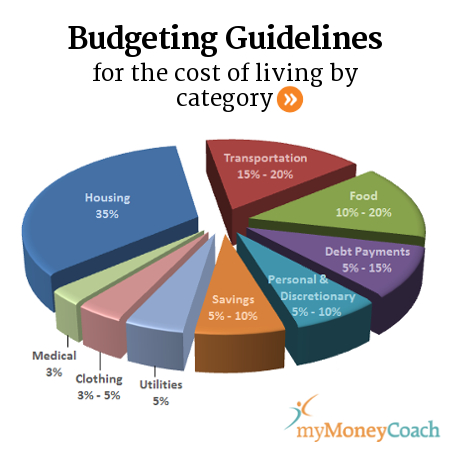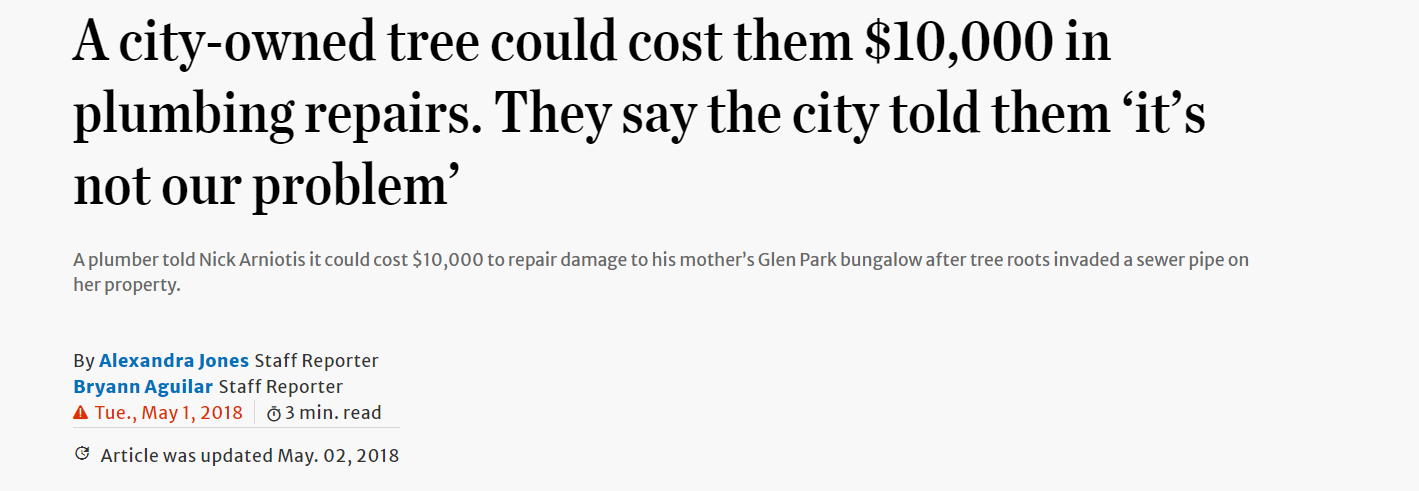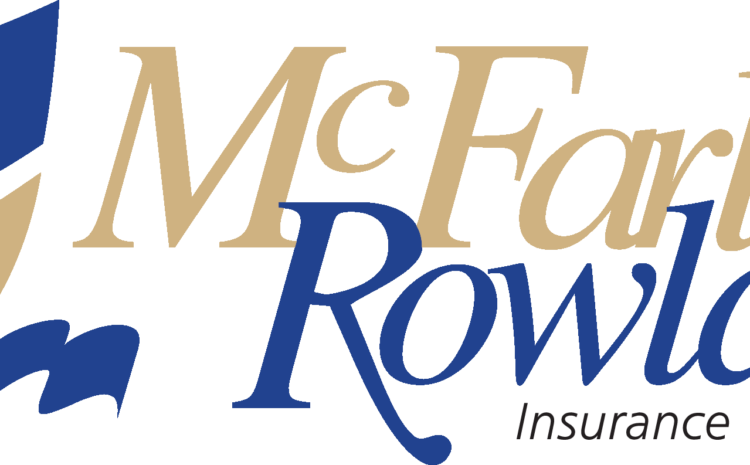
5 Questions to Ask About Your New Home (Before the Purchase)
It’s February 2022 and the real estate market in Canada has gone crazy!
If you managed to sweep up a home in this market, congrats on your accomplishment!
You are taking a bold step, considering the heavy investment involved in home ownership.
Or if you are looking to purchase a new home in this market, then preparing ahead of time with the right questions will help you not only with insurance expenses, but with everything from living comfortably to planning your daily commute.
Just like any other property, owning a home comes with various challenges, some of which you can avoid if planned early enough.
To help you prepare for a comfortable transition into your new home, we’ve compiled five (5) crucial questions that are often overlooked when considering purchasing a new home.
Let’s jump into it.
What is your true budget?
It’s crucial to buy a home that you can afford.
Many people usually know their asking price or range but going into the details with a deeper understanding of their monthly breakdown of living expenses with this new house is harder to do and overlooked by many. Estimating the new utilities costs, food, entertainment, other debt payments and transportation are among the costs that require the extra diligence in planning.
Knowing your cash flow and true budget before purchase will help you keep your home longer without damaging your credit.
Look for a home that’s within your budget by ensuring that your projected cash flows will be sufficient to service the mortgage, necessary bills, give you discretionary funds as required to avoid issues with your lender and keep your credit score healthy.
The way the prices are right now in Canada, being house poor for new home buyers may become a reality if they are not careful. Consequently, budgeting strategy is crucial and always give yourself some extra room.

Source: myMoneyCoach Blog – Budgeting Guidelines
In addition to the actual price of the home you intend to buy, you should factor in possible additional costs like homeowners’ insurance and renovation costs (if purchasing an older property).
Which home insurance will I go for?
Home insurance is an integral component of homeownership, considering that it covers a homeowner from some unforeseen losses and damages that might affect the structural integrity of the property.
However, there is a wide range of home insurance policies, depending on different homeowners’ preferences about the specific losses and damages to be covered.
In most cases, the majority of standard homeowners’ insurance policies don’t cover costs and expenses associated with the installation, repair, maintenance or replacement of home service lines.
In this case, the service lines include telecommunication, water, sewer, electrical as well as septic systems.
Preferably, consult a home insurance broker (or contact us at any time) to identify the best insurance coverage for your future home.
How are the home’s service lines?
If you choose to go with a “standard homeowners insurance policy”, you need to be prepared to handle the costs of the items that aren’t covered by the policy on your own. For instance, if at some point your home’s drainage or water supply system leaks and pipe replacement is needed, you’ll have to pay for the entire replacement cost out of pocket. Your home insurance cover doesn’t take care of that.
To prevent service line breaks, leaks, tears, rupture or collapse and the relevant costs from catching you by surprise, it is crucial that you assess the telecommunication lines, water lines, sewer lines, electrical lines as well as septic systems of the home you intend to buy. Establish the age and the construction material of the lines, preferably with the help of a plumber.
On average, water or sewer pipes need to be replaced after 25 years. So, you need to brace yourself for pipe replacement costs if the pipes of the home you plan to buy are approaching or beyond that age.
The material of the pipes will also determine how soon your water line will need repairs or replacement because different materials have different lifespans. It is advisable to involve an expert to find out how soon the home’s sewer and water pipes will be due for repair or if they need to be replaced or repaired already.
Are there mature trees or shrubs beside the property?
The roots of mature trees can cause severe damages to your home’s service lines if the trees are close to the property. Pipes are the most vulnerable to such damages. Therefore, prepare yourself financially for replacement or repair costs immediately or in the near future if the water or sewer pipes of your target property have mature trees nearby.

You might also incur extra costs for clearing the shrubs or some trees from the compound of your property. Are you ready for this?
How is the neighbourhood or location?
Property location influences the homeowner’s insurance premiums paid to cover the property from various unforeseen damages and losses.
Is your new home’s location prone to extreme weather conditions?
Does it have higher than average vandalism or crime in the area?
Take some time to analyze the neighbourhood of the property, taking note of the surrounding risks such as floods, theft, and vandalism. Ask your real estate professional (if you are working with one) on the history of these incidents, crime rates and other key stats of the neighbourhood before making the leap.
It goes without saying, but high risk areas attract higher insurance premiums.
Besides, your peace of mind and convenience are paramount. If you love a serene, quiet and tranquil place to call home, a home that’s located away from busy urban areas might be ideal for you. On the other hand, if commuting a short distance to the city center for your daily activities is your priority, consider a location with proximity to the target city.
And that’s our top five…
Buying a new home is a huge investment that should be given the much attention it deserves. The answers to the above five questions to ask about your new home will help you make the best-informed decision and ultimately get the desired value for your money.
Moreover, this article gives the current state of the real estate market in Canada. If you need help with your insurance needs let us plan with you. Reach out any time to customerservice@tgcolley.com and our customer support team will be happy to assist.





